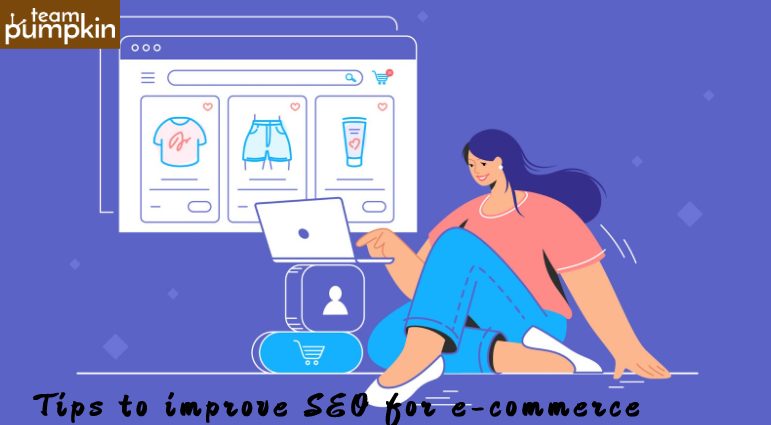

As an ecommerce business, it is crucial to build visibility on search engines so that large groups of people can find you easily and quickly. Audiences need to be able to find exactly what they are looking for with the least amount of resistance. This will have a significantly positive impact on product sales via the online website.
Selling products also requires a thorough understanding of the people you are selling to, covering details such as demographics, preferences, location, and so on. Each one of these details can be acquired through extensive analytics.
Finally, it helps to be proactive in putting your website high on search rankings, at the forefront of all other competitors.
All of the above mentioned attributes can be achieved via search engine optimization.
The following are the best SEO practices to implement for your e-commerce website:
Intentional keyword research
This is the first and most important prerequisite to any SEO strategy. Finding the right keywords to use for your website starts with a broad understanding of what your audience is already searching for, analyzing search terms that your competitors are using, and then incorporating words of your own that match the broad user intent. Keywords must also be specific to categorizes of products offered on your e-commerce site so as to direct people towards the relevant offerings.
Product descriptions
Every product should have a description that gives the audience an overview of what it is, the unique selling points attached to it, and why people should buy it. Any information that is useful to the audience should find its way into these descriptions with specifics relating to the product such as dimensions, material, and more. It also goes without saying that all of this should be done while incorporating relevant keywords.
Be wary of duplicate content
This refers to any form of content that appears in more than one place, whether it’s on your own website or another page. Most search engines condemn duplicate content and this causes the website to rank lower on search engines. Troubleshooting this starts with writing unique content for each description, ensuring that each one is different and no two descriptions have repeating words/ phrases strung together. Moreover, it is critical to double check URL structures and other parts of the website so as to be aware in case of a possible duplication.
Optimize loading speeds
Nothing can frustrate a user more than a website that is sluggish and takes forever to load. In fact, this is one of the biggest contributors to a failed sale, because this is the first resistance faced by a potential customer when visiting the ecommerce site. Here, the obvious task is to make your website one that loads at very high speeds, can load content without any glitches, and render different forms of information all at once. All of this is also important for search engines to rank your site higher.
Diversify content
Writing content is important for driving organic traffic by intriguing audiences to learn more about the product/ service they are going to buy into. It also helps people develop trust in your brand and improve your brand’s reputation through the words you publish online. Equally important as the content itself is the many varied styles you choose to publish it. After all, people prefer consuming things in different ways, and the same sentiment applies to content on your website. Publishing your content in the form of videos, Q and As, infographics, audiograms, and other formats can help retain peoples’ attention towards your site.
Executing an SEO plan for an ecommerce website is a process that requires considerable effort and expertise, which mostly comes through partnering with a digital marketing agency that offers search engine optimization services, such as Team Pumpkin.
